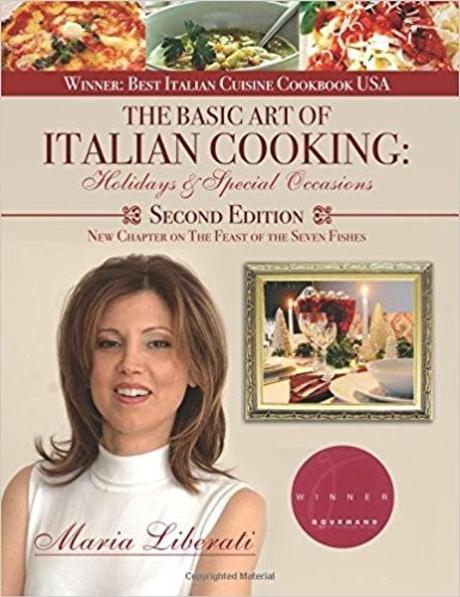Outdoor kitchens are all the rage, and with good reason. Not only do they provide you with plenty of bonus space for hosting large gatherings, but they also allow you to experiment with new and tantalizing recipes that wouldn't taste the same if they were cooked in a regular kitchen. Here is some key advice to help you get started.
Plan for Weather
If you live in a cool climate that sees plenty of snow in the winter, you should take the appropriate steps to protect your investment. First of all, choose cabinets and tabletops that are fashioned out of durable material that can withstand punishment from the elements. If they're made of wood, they should be properly sealed before the winter weather sets in. Stainless steel is another good choice as it's easy to care for no matter the season. If you have water lines running to your outdoor kitchen, make sure the shutoff valves are located indoors. Outdoor valves will freeze in cold weather, causing potential issues when you want to switch them back on. If you have a built-in grill, invest in an all-season cover to protect the appliance when it's not in use.
Affording Renovations
Homeowners who are serious about enjoying an outdoor cooking area should set aside a budget for this specific purpose, which they can use to fund different projects. There's no need to get the whole thing done at once. You can start with a high-quality grill and move forward from there. Research shows most people finance large projects, so don't worry if you don't have all the cash you need upfront. This could be a great way to take advantage of a home equity loan since an attractive outdoor kitchen will increase your home's curb appeal and overall value.
Leave Room for Entertaining
Cooking is a kitchen's primary function, but don't neglect the importance of mingling with guests. Make sure that you leave enough room for all of your guests to roam around and mingle with you and with each other. No one wants to be at a gathering where they only have a few inches of personal space. Your cooking area should be configured so that the chef remains in close proximity to the action. When designing the seating area, allow for at least 24 inches of width for each seat to prevent crowding. Make sure that you also make adjustments to help with guests' comfort, such as having covered spaces available for guests to stand under if it gets particularly rainy or sunny.
An outdoor cooking and entertaining space can be a great place to spend time with your friends and family, but it's important to take things like the above into consideration before building it. With the proper planning, your outdoor cooking space can be the envy of the neighborhood for years to come.
Read More: What to Keep in Mind When Creating the Kitchen of Your Dreams

For recipes to create in your own backyard get your copy of the Gourmand World Award Winning book The Basic Art of Italian Cooking: Holidays and Special Occasions- 2nd edition
